Millions of individuals have undergone gum pain. You feel a sharp ache when you skim or floss, and your inflamed gums may occasionally even bleed when you skim or floss. Many individuals don't give sore gums much thought because the discomfort is usually not too intense and is a common issue. Nevertheless, irritated gums may be a precursor to gum infection. Thankfully, feasting sore gums is generally relatively easy, especially if you locate them early in gum disease. This article will explore what causes swollen gums and what you can do about them.
Gum pain Reason
Gum disease, illness, overbrushing, and poor flossing strategies can cause sensitive and uncomfortable gums. Blood diseases, vitamin K insufficiency, hormonal transformations during pregnancy, and other conditions could be additional reasons unrelated to dental care.
Gum infection is typically associated with sore, swollen, and bleeding gums. Gum discomfort can ensue in both stages of gum disease.
- Gingivitis: The before and mildest type of gum condition, gingivitis is generally indicated by sore gums as one of the initial signs. If not dined, gingivitis can develop into more unbearable gum disease.
- Periodontitis is a more extreme form of gum illness that can lead to tooth loss and other health issues.
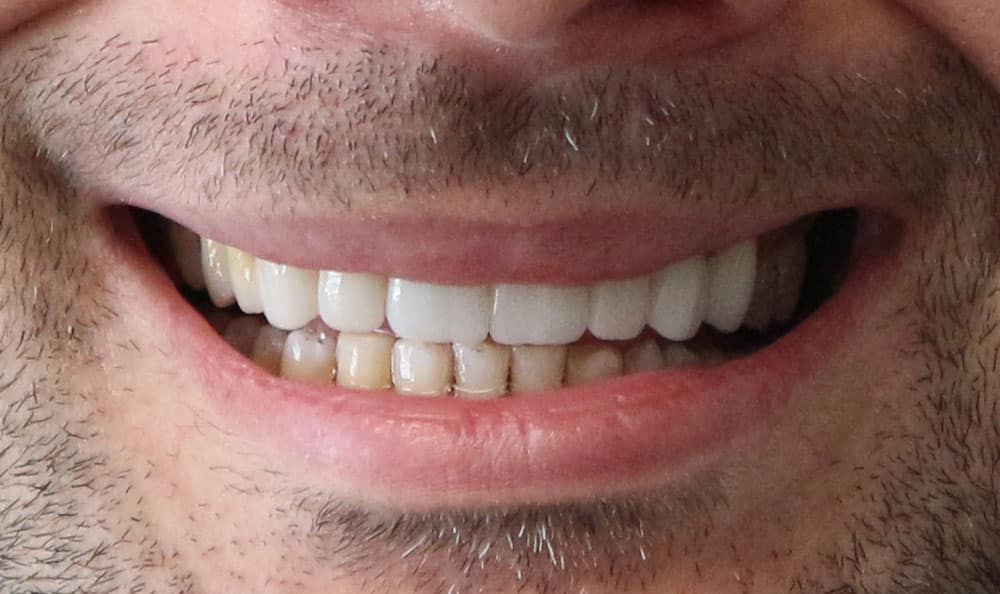
Among the other causes were:
- Diet: A healthy, well-balanced diet can control gum disease and painful gums. A diet rich in calcium and vitamin C may reduce the risk of gum illness.
- Use of Tobacco: Smoking raises your chance of developing gum disease and painful gums.
- Stress causes the body to produce more cortisol, increasing inflammation risk. Try to lessen your anxiety.
- Absence of Oral Hygiene: Adequate oral hygiene is the most excellent strategy for preserving the health of your teeth and helping avoid painful gums.
Relief & Treatment for Sore Gums
You can follow specific Sore Gums Treatment to relieve pain if your gums feel sore. These include:
Gingivitis, a condition marked by sensitive or aching gums, affects a lot of people. Furthermore, 80% of sensitivity begins at the gum line, which increases the significance of giving your gums extra attention.
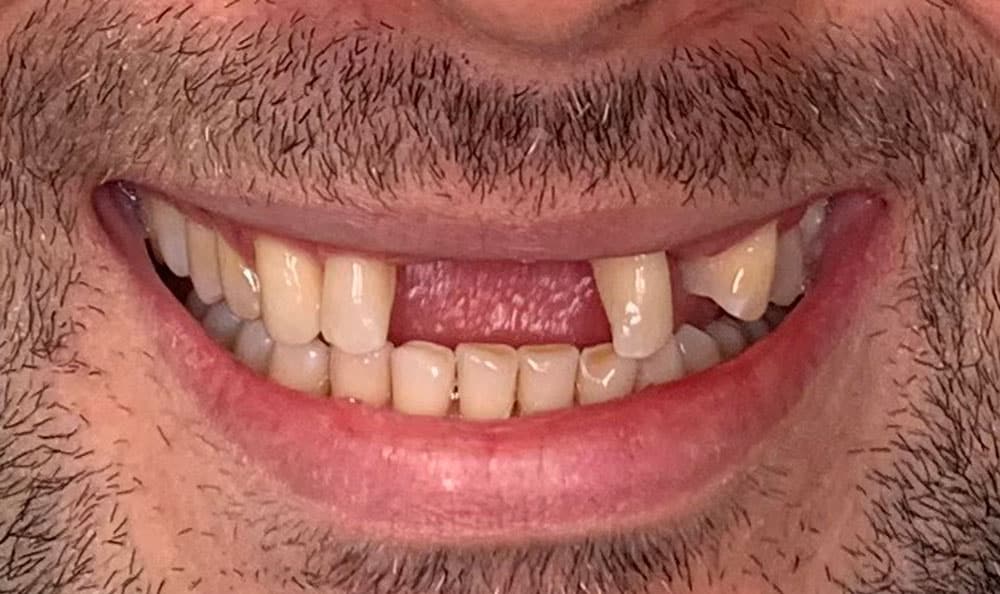
The following advice is the best place to start because it addresses many of the factors that contribute to sensitive gums:
- Brush with sensitivity toothpaste at least twice a day. The Crest Gum and Sensitivity Product line offers a range of solutions to best suit your needs.
- Use a toothbrush with gentle bristles.
- At least once a day, floss
- Regularly visit the Laser Dentistry near Me
- Maintain a balanced diet.
When to consult an expert
While at-home remedies could temporarily relieve bothersome gum swelling, they cannot replace a medical professional's diagnosis and treatment.
Serious problems may result from underlying disorders. Anyone experiencing swollen gums should seek a specialist for a diagnosis and Treatment.
In summary
Swollen gums next to a tooth could be caused by gum infection, poor dental hygiene, or a spot. See your Emergency Dentistry Near Me to ensure your swollen gums are treated as best you can. Spending a few minutes each day on proper oral hygiene procedures, including brushing and flossing, can spare you the trouble, money, and time associated with treating a health issue like a periodontal condition.
Nobody aspires to become famous for having stunning yellow teeth. As we age, our grins lose their brightness and grow duller. Our once-dazzling smile can get discolored by smoking, certain foods, and alcohol. Presently, teeth-whitening kits and gels can be used at home. Although these choices are more well-liked, are they a secure technique to whiten teeth? Or should you go with professional teeth whitening near me procedures?
How is tooth whitening accomplished?
Teeth can be brightened in a variety of methods. Products like gel-filled trays and adhesive strips are examples of at-home alternatives. They may be readily over the counter and work well at lightening teeth and removing stains.
The naturally occurring bleaching agent hydrogen peroxide breaks down the compounds that cause red wine, cigarettes, and coffee discoloration.
Your dentist or dental practitioner can use a dental filling cost to fix a cavity (hole) in a tooth.
In the same way, carbamide peroxide works, but it releases half of its bleaching power in the first few hours and can continue to work for hours afterward. In-office methods may yield speedier and more permanent outcomes. One treatment or a few sessions could be all it takes to achieve a beautiful smile.
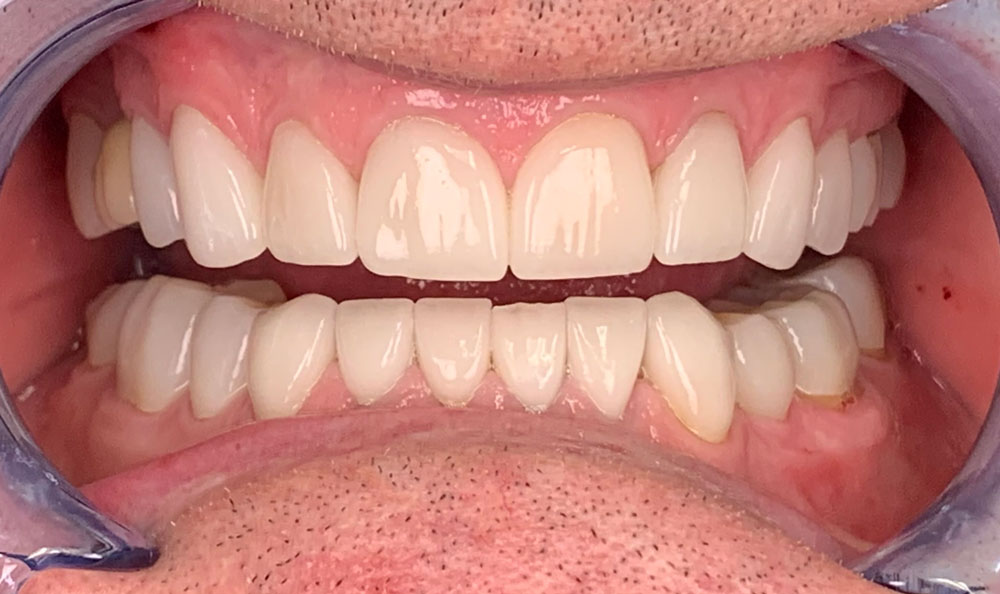
Is it worthwhile to whiten teeth?
Tooth whitening may be a safe choice for a brilliant white smile. However, doing your homework and discussing your options with a teeth whitening dentist beforehand is crucial.
Studies reveal hydrogen peroxide products may harm your teeth' dentin layer's proteins. The hard tissue that sits beneath the surface enamel of your teeth is called dentin.
According to another study, whitening solutions may also cause the surface of your teeth to become softer or rougher.
It is crucial to evaluate the kind of product you're using and how well it fits in your mouth. To avoid discomfort and irritation, keep hydrogen peroxide or carbamide peroxide on your teeth and away from your gums.
How to whiten teeth without risk
Seek for the ADA Approved Seal. It can be found in teeth-whitening toothpaste and products that have undergone independent testing and proven safe and effective.
Observe the guidelines. While some products can be used twice daily, others are meant to be used just once. You get the idea—some you use for a week, some for two.
Visit the dentist. "Ask your teeth whitening houston dentist to determine if these products are right for you." Teeth discolored by food or drink looking at you, coffee and red wine, or yellowed by aging are the most outstanding candidates for teeth whitening operations.
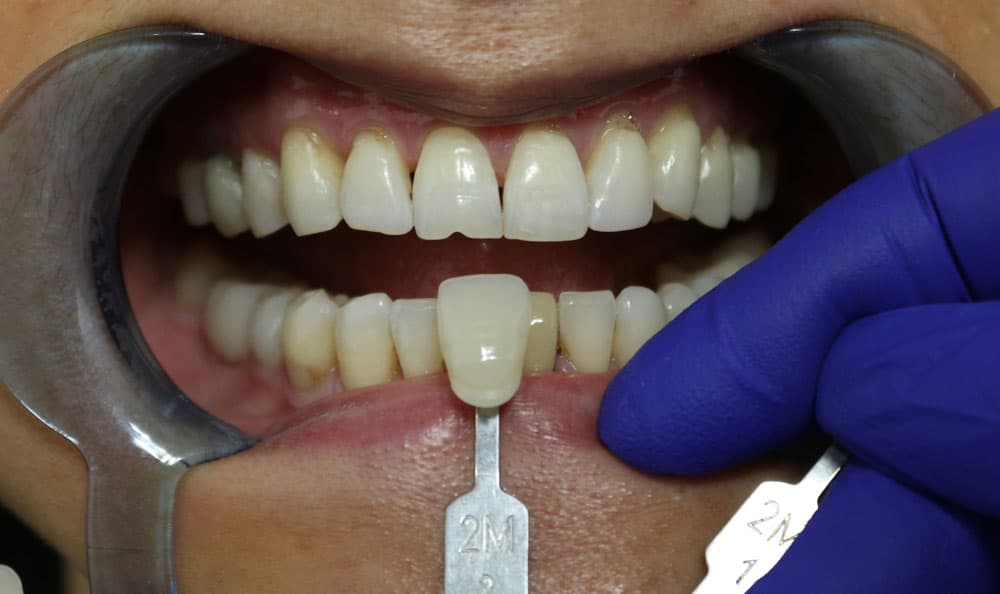
However, discoloration that is brown or gray can be a sign of problems that a bleaching kit cannot fix.
Take note of your teeth. Using teeth whitening treatments can cause transient sensitivity in some people's gums or teeth. While uncomfortable, that isn't a symptom of long-term harm.
How to prevent stains on your teeth
- Remember to floss after brushing twice a day.
- Abolish your smoking.
- Reduce stain-causing beverages, including red wine, tea, and coffee.
- Seek routine dental cleanings to get rid of surface stains and plaque.
- Teeth whitening treatments can be safe and effective using an at-home solution or a professional procedure.
Briefly put
There are numerous all-natural ways to get your teeth whiter. The majority of these therapies softly remove your teeth's surface stains.
Nevertheless, whitening procedures used by most dentists are far more potent than those found in these home cures. Whitening the teeth could be a more successful strategy when severe tooth discoloration occurs. Any overuse of whitening products can damage your teeth.
Root canal disease is a dental disease that can harm and cause distress in teeth. It occurs when bacteria get infected on the inside of teeth. One must know the common signs of root canal disease to receive timely medicine for a tooth infection. This article will go into further depth about these signs.
Signs of a Disease in the Root Canal
Greater Gums
The gums covering an infected tooth may swell and become exposed to the touch. Brushing or flossing your teeth may also damage them.
Growing Tooth Darkness
The infected tooth can start changing color. It may become gray or so dark that it appears black or brown.
A toothache
A toothache is a common reason for needing a root canal. It could be chronic, severe pain that worsens when you chew or pressure the tooth. The discomfort could even wake you up at night.
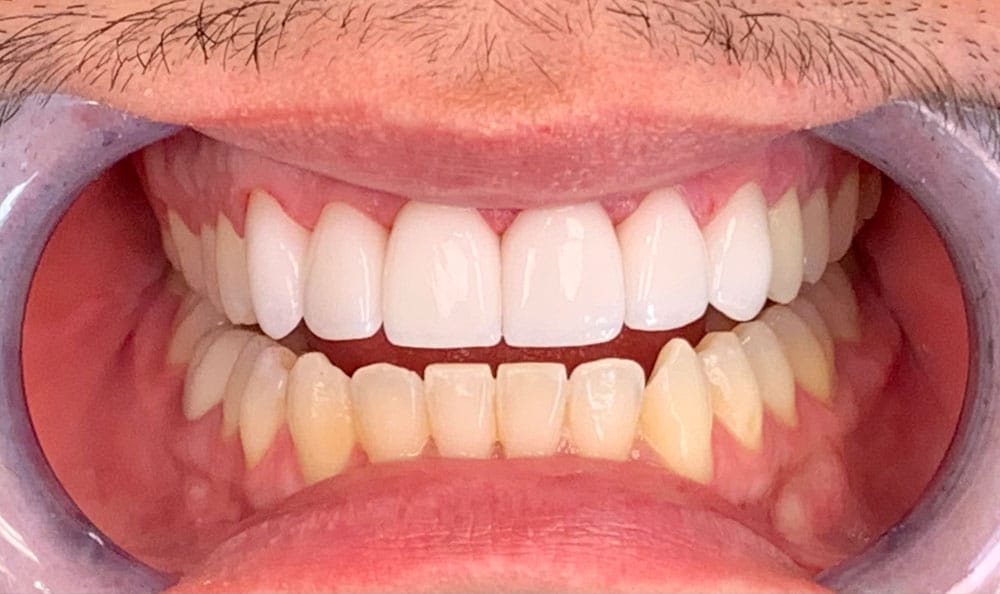
Acuity to Temperature
Hot or cold foods or drinks may cause an abrupt, sharp ache in your body. This sensitivity could persist after eating or drinking.
A zit on the gums
A gum boil, a dental spot, can sometimes form on the gums around the infected tooth. It looks like a pimple. There may be a foul-tasting fluid emitted when you press on this hump.
Pain Is Caused By Pressing Or Tapping
Your dentist may press or tap on your teeth while performing an examination. This can cause you to feel uncomfortable. This can be a sign of a root canal problem.
Bad Breath
Bad breath or a persistently lousy taste in the mouth may indicate a root canal infection, which can smell unpleasant.
How to Proceed If You Notice These Symptoms
These root canal signs should prompt you to see a root canal dentist immediately. They may discuss your tooth and obtain X-rays to determine whether you have a root canal disease. The faster you receive care, the better your probability of receiving pain comfort and saving the injured tooth.
Treatment for Root Canal Infection
If your dentist uncovers that you have a root canal illness, they will likely recommend a treatment for tooth infection. Here's what you may expect:
Stopping the Contamination
Your dentist will make a small incision in your tooth to access the involved pulp and feast your tooth condition with antibiotics. They will also complete root canals, clean the inside of the tooth, and release any harmful tissue.

Finishing And Securing
Following cleaning, your dentist will fill the hole inside your tooth with a material known as gutta-percha. This material seals the tooth to stop further disease.
Analgesia
Your dentist will use a local narcotic to numb the area around the harmed tooth. You will not experience pain during the strategy.
Restored
A crown is usually required to restore the power and beauty of your teeth. Your dentist will take imprints of your teeth and send them to a dental lab for a custom-made crown. As soon as the enduring crown is ready, you will wear it.
In summary
Even though a root canal disease might cause distress and anguish, it is treatable. If you suffer from any of the signs listed above—such as a painful toothache, swollen gums, or sharpness to heat or cold—you should make a meeting with urgent dental care. But if you take the appropriate steps, you might be able to ease the discomfort while keeping your tooth, which would give you a more radiant, appealing smile.




